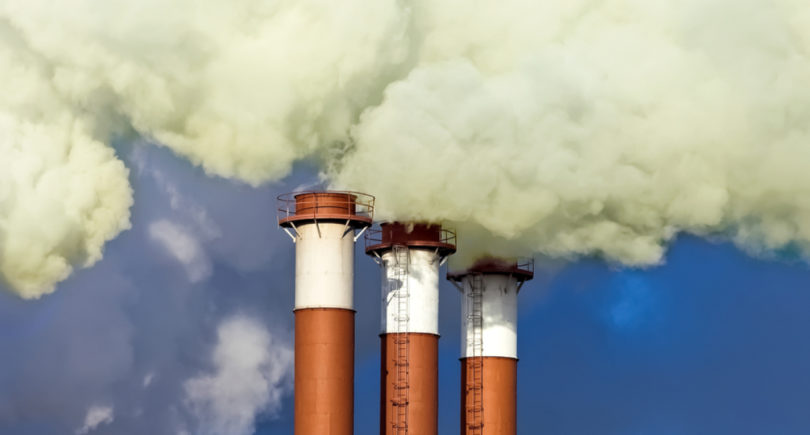
News Green steel China 2402 10 April 2024
Projects will receive funding of up to 100 million yuan
China will offer funding for projects worth up to 100 million yuan ($13.8 million) to accelerate progress in new emissions reduction technologies targeting various sectors. Bloomberg reports this with reference to the relevant document of the National Development and Reform Commission (NDRC).
The program is supposed to support the transformation of energy conservation and carbon emissions reduction in key industries and areas such as electricity, steel industry, non-ferrous metals, building materials, chemicals, coke, mechanical engineering, data centers, and others.
The program aims to support the construction of projects with a leading technological level and outstanding emission reduction effect, the NDRC said in an announcement.
Eligible projects will include large-scale carbon capture, energy efficiency, or carbon intensity reduction projects in various industries. The criteria also include achievements in the field of biomass and geothermal energy.
In particular, the program will cover initiatives aimed at recycling or reusing materials, including industrial waste, scrap, and used renewable energy equipment such as solar panels or wind turbines. Funds will also be available for the production of biodegradable plastics, etc.
Green construction in China will boost domestic demand for green steel. The country is setting new targets for carbon emission reduction and energy saving in the construction industry. In particular, China’s 2021-2025 Green Building Action Plan encourages the use of high-quality, low-carbon rebar. According to the document, government-funded projects should use mostly environmentally friendly steel. However, it may take a longer time to achieve the ambitious goal of increasing the number of such steel products.
As GMK Center reported earlier, seven Chinese government departments have put forward a proposal aimed at increasing the share of electric arc furnaces in steel production to more than 20% by 2030.



